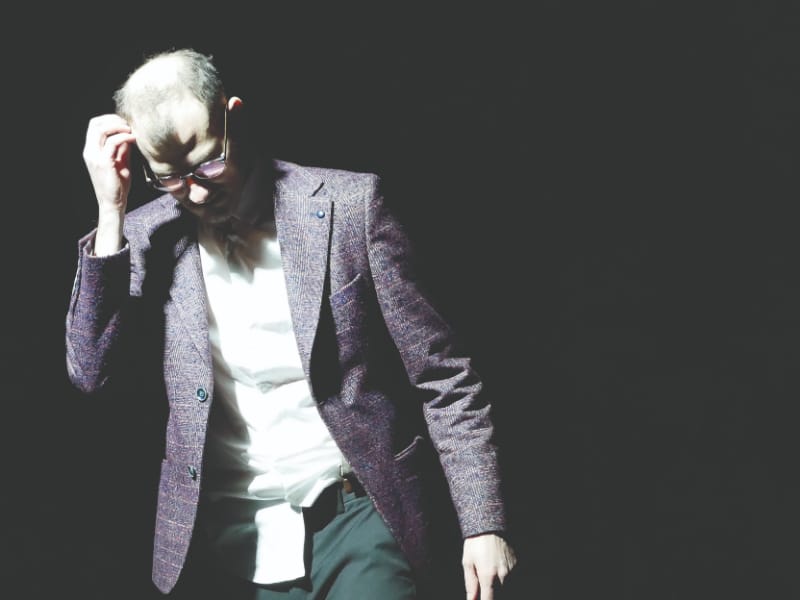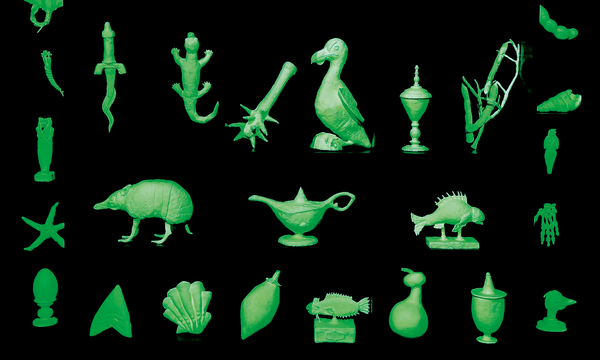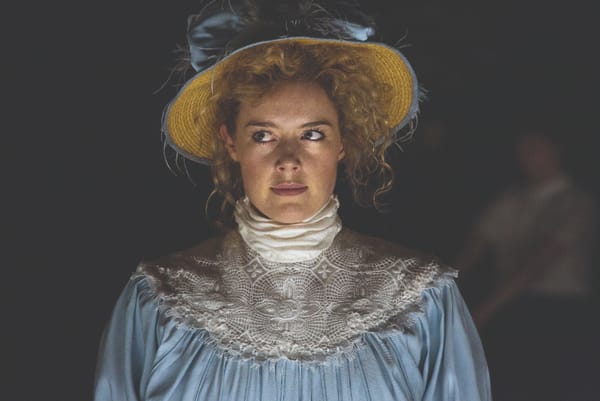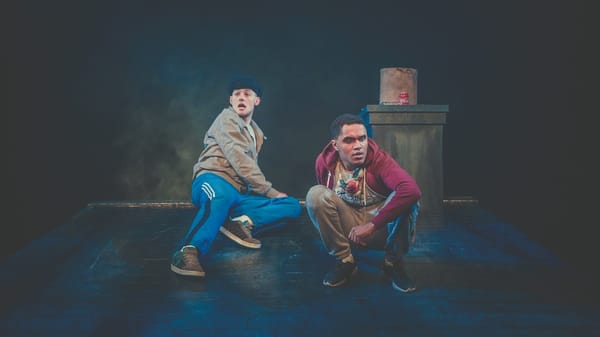Dispatches from the VAULT Festival

London’s answer to the Edinburgh Fringe Festival takes place in the vaults below Waterloo station. Packed with independent theatre and music, the festival, on until March 18th, is an opportunity to see reasonably priced innovative productions you wouldn’t find anywhere else. Arts editor Jingie Cheng reports on the best.
Dean joined the army, and ‘Danny’ joined the Islamic State. Dean has been captured by ISIS, and is currently tied to a pole with Danny as his guard. Both men had grown up in the UK. Bismillah! An ISIS Tragicomedy is an hour-long conversation between the two, exploring issues in British society, from racism, radicalisation to disenchanted youth, as well as the portrayal of terrorism and those that join the other side.
Longlisted for the Amnesty International Freedom of Expression Award 2015, Bismillah! treads cautiously into an area that is rarely touched on by the arts – exploring the psyche of those that leave Western societies to join jihadist causes, and their motivations.
Following a successful run at the Edinburgh Fringe in 2015, this production last week at the Vault festival is the show’s London debut. Director Matthew Greenhough performs in his own show as Dean, convincing as a young Northerner trying to find his place in the world, in an environment where good opportunities for young people are scarce. “I’m not here to kill Muslims” he retorts when Danny accuses him, “I’m here because it’s my job. I needed it.” After a grim stint working in Wetherspoons, Dean saw joining the Army as his best option to a better life.
But does one’s job reflect one’s values? Danny seems to think so, and in contrast to Dean, he joined ISIS out of the naive belief that he could help his people, whom he saw as being attacked by the West. Despite their differences, the two bond over working poorly-paid shift jobs and the ridiculous price of a WHSmith meal deal, as well as lousy holidays around the UK and girl problems. Yet, at no point does one feel that the characters are one-dimensional – for example, Danny’s violent side kicks in when, in the middle of a very pleasant conversation, Dean expresses disbelief when he learnt that Danny did not drink. There is a sense that these casual comments remind Danny of the experience of never being respected, and triggers him to reassert the power balance in the pair.
Issues in modern British society are woven into the narrative, including Danny’s experiences of religious discrimination and school bullying. Both are youths who feel that they have hit a dead end, with the army and ISIS being viable ways out of their situations. While the show’s exploration of terrorism only scratches the surface, it manages to give a nuanced portrayal of the issues that highlight just how complex and multifaceted the problem is – all the more impressive for an hour-long show.
In his post-show talk, Greenhough explains that he wanted to use comedy to tackle complex issues. Dr Sarah Ilott, a lecturer in film and literature at Manchester Metropolitan University who was also speaking at the talk, said that comedy helps to make uncomfortable situations more accessible. Indeed, Bismillah! is both hilarious and deeply serious, and a valuable addition to the conversation around radicalising youth.
Bismillah! An Isis Tragicomedy
4 Stars

Philipp Oberlohr knows you. He knows your past, and can predict your future. Or at least, he claims he does. Dubbed as ‘Vienna’s master illusionist’, Oberlohr returned to the Vault Festival with a new mind-reading show, Das Fest.
Despite Oberlohr being branded as an illusionist, the show was less an illusionary experience than an interactive mind-reading show. Using audience’s stories written on slips of paper, he makes a show of being able to predict their memories and future without reading them. Oberlohr appears on stage wearing a furry cape, and delivers a speech involving polar bears and Freud. He then splits the audience into two; from one group he asks for a past memory, and from the other he asks for a dare for themselves. These slips of paper were then folded up and left in umbrellas on the stage.
While it is conceivable that impressive sleights of hand allowed him to read these slips without the audience noticing, there were some truly baffling tricks, such as correctly predicting audience members’ birthdays and star signs. In between drawing out audience’s dares and physically illustrating memories using props, Oberlohr tries to link these stories together with lyrical imagery and metaphysical musings about the influence of memories and fears about the future.
After a spiel about a house on fire and shoelaces that tie all the elements of one’s life together, running back to a pair of shoes in the centre of the fire, Oberlohr picks up a slip of paper and reads off a memory about a flat burning down and the only thing he saved being a pair of shoes gifted by his girlfriend. Details such as these suggest that not every memory he picks up might be true. However, perhaps that was not meant to be seen as ‘mind-reading’ as much as an accessory to his overarching theme.
The nature of mind- reading shows requires one to suspend one’s disbelief and simply enjoy the tricks. If I allow myself to fully immerse in the possibility of mind-reading, the show was fairly entertaining. No doubt also that Oberlohr was very skilful in executing his tricks. However, the lyrical imagery used to link the individual tricks together are slightly contrived. A coherent storyline or overarching theme is important in shows such as these, and in this case, I believe could have been more fluent. Nevertheless, Oberlohr himself is a very likeable personality, and Das Fest entertained.
Das Fest
3.5 Stars







